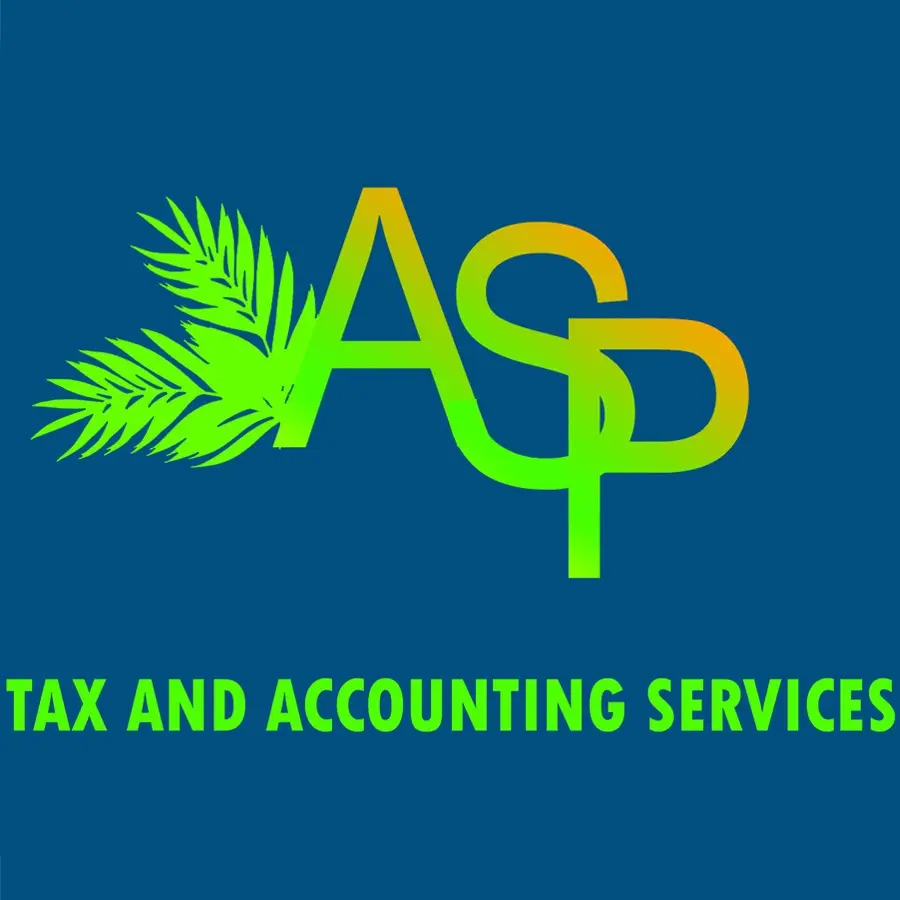Who has to file an Income Tax Return in Canada?
In Canada, there are various situations that may require you to file a tax return for the 2024 year. Filing a return ensures that you fulfill your tax obligations, claim any eligible benefits, and maintain certain credits for future years. If any of the following conditions apply to you, you are likely required to file a return:
- Request from the CRA: If the Canada Revenue Agency (CRA) sent you a request to file a return.
- Tax Payment or Refund: If you owe taxes or wish to claim a refund.
- Credits and Benefits: If you or your spouse/common-law partner want to receive credits and benefits, such as:
- Canada Child Benefit (CCB) and related provincial benefits
- GST/HST credit and related provincial benefits
- Canada Carbon Rebate (CCR)
- Guaranteed Income Supplement (GIS)
- Canada Workers Benefit: If you wish to claim the Canada Workers Benefit (CWB) or receive advanced CWB payments.
- Pension Income Splitting: If you and your spouse/common-law partner are electing to split pension income.
- Capital Property Disposal: If you disposed of capital property (e.g., a principal residence) or realized a taxable capital gain in 2024.
- Repayments: If you have to repay all or part of your Old Age Security (OAS) or Employment Insurance (EI) benefits.
- RRSP Withdrawals: If you have not fully repaid amounts withdrawn from your RRSP under the Home Buyers’ Plan (HBP) or Lifelong Learning Plan (LLP).
- CPP Contributions: If you need to contribute to the Canada Pension Plan (CPP) because your net self-employment or pensionable employment income exceeds $3,500.
- EI Premiums: If you are paying Employment Insurance premiums on self-employment income or other eligible earnings.
- Non-Capital Loss: If you incurred a non-capital loss in 2024 and want to apply it to other years.
- Unused Tuition: If you want to transfer unused tuition fees or carry forward unused tuition, education, and textbook amounts to a future year.
- RRSP or PRPP Contributions: If you want to report income that will allow you to contribute to an RRSP, a pooled registered pension plan (PRPP), or a specified pension plan (SPP) to keep your deduction limit up to date.
- First Home Savings Account (FHSA): If you opened an FHSA in 2023 or 2024 and want to keep your participation room up to date.
- Investment Tax Credit: If you want to carry forward unused investment tax credits from 2024.
- Canada Training Credit: If you want to report income that will increase your Canada Training Credit limit.
In general, if you meet any of the above criteria, you will likely need to file a return. If in doubt, it’s always a good idea to consult the CRA or a tax professional to ensure you comply with filing requirements.
